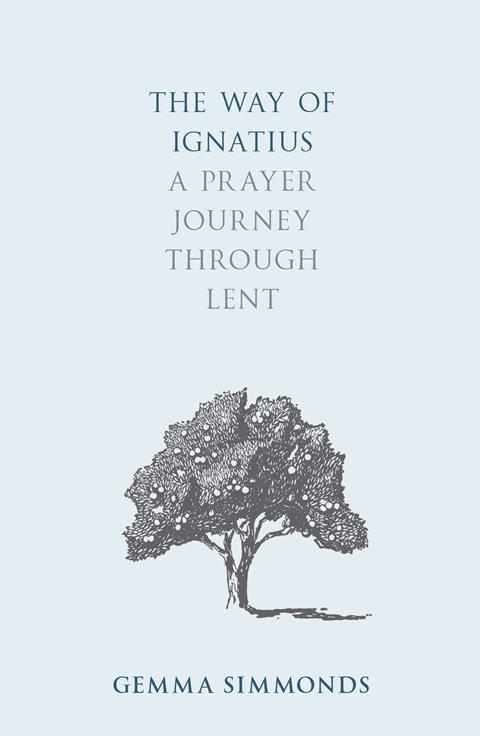
How do you approach the season of Lent? writes Amy Boucher Pye. This 40-day period for self-examination, which begins again this month, was inspired by Jesus’ temptation in the wilderness.
Perhaps you’re excited about the opportunity to draw closer to God. Maybe, however, you feel a sense of dread and guilt, believing that you’ll come up short. Or perhaps Lent simply doesn’t register with you.
Of course there’s no right answer regarding what Lent means to an individual. This season can, however, provide the space to try a new spiritual discipline, or to get serious about some niggling sinful pattern of behaviour, or to explore a topic related to the Christian faith.
To help us with the latter, new Lent books are published each year. The Archbishop of Canterbury’s Lent book, for instance, focuses on a key topic: Reconciliation by Muthuraj Swamy (SPCK, 2018). If you’d like to dig into the Old Testament prophecies about the cross with Tim Chester, read his The Beauty of the Cross (Good Book Company, 2019).
I want to highlight two other Lent books. The first, The Resilient Disciple, focuses on a subject, resilience, that seems to have caught the imagination of many. Just how can we grow in perseverance and hope when we face struggles of many kinds? Justine Allain Chapman explores this through daily readings from Ash Wednesday to Easter Sunday.
I find much to commend in her book: from the prayers for the week, to her seamless references to the church fathers, to her thought-provoking questions and gentle way of incorporating spirituality into our lives. Perhaps what I appreciate most is how her writing makes sometimes abstract concepts come to life, whether through our senses, such as a breathing prayer, or through a strong illustration. She writes with an Anglican audience in mind.
The other is The Way of Ignatius, a wonderful introduction to Ignatian spirituality by a warm and trusted guide, Gemma Simmonds, whom I had the privilege of learning from for my MA in Christian spirituality.
She introduces Ignatius’ Spiritual Exercises (which can feel dry as they were intended not for pilgrims themselves but for their guides) in a relatable way, explaining, for instance, what consolations and desolations mean in the Christian journey or about the important topic of discernment. A quotation will give you a taste: “Ignatius constantly reminds us to pray for what we desire and to become accustomed to exploring our deepest longings, as this is where the Spirit of God is at work within us.”
The Way of Ignatius could be read at any time – the references to Lent are slight. If you’d like to find out more about this Spanish man from centuries ago, whose spiritual and psychological insights feel surprisingly up-to-date, start with Gemma’s book.
Just click the 'Join Group' button on the Facebook page, and we'll add you.






























